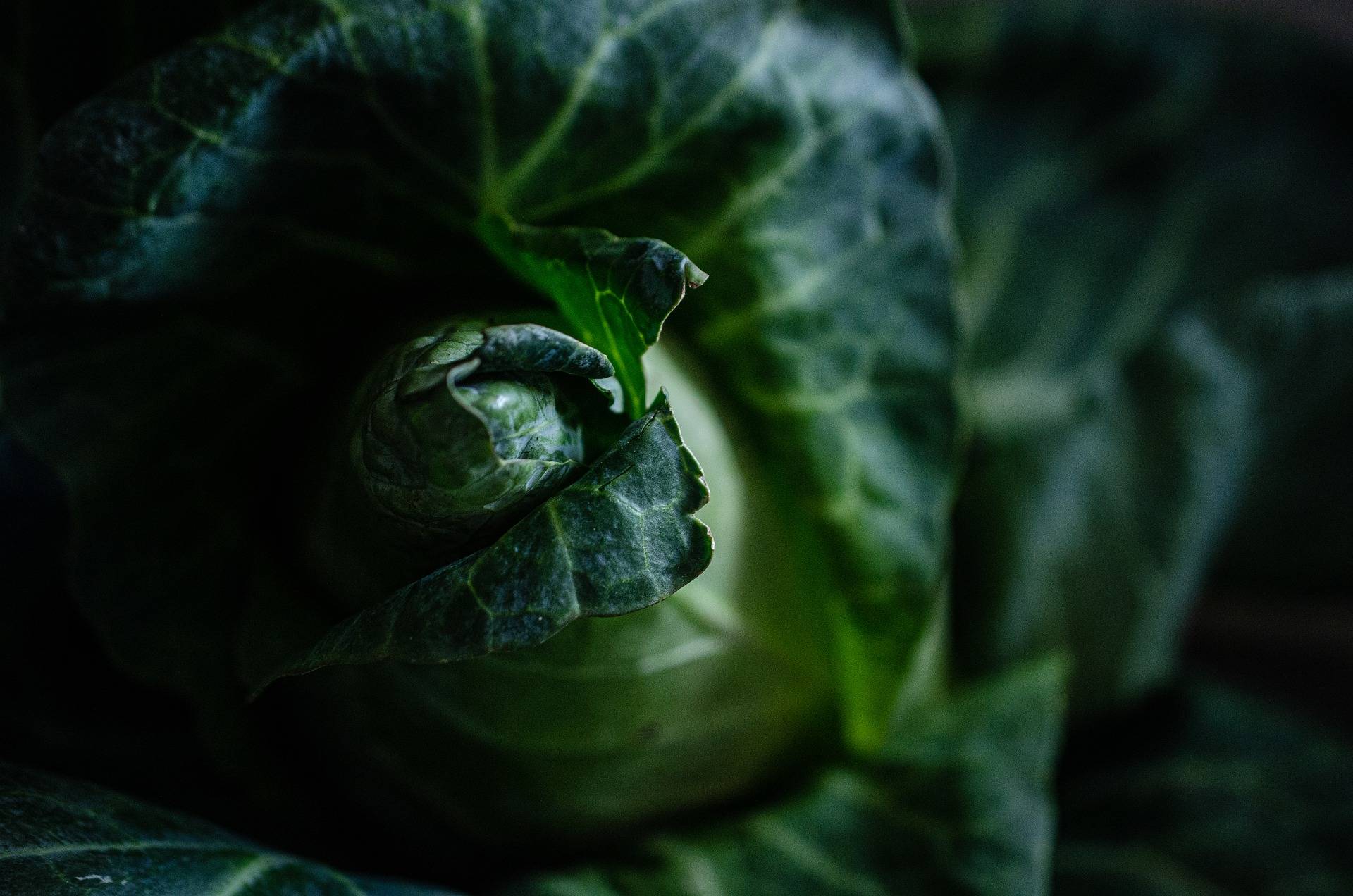by Arlen Coiley
I was born and raised on Lopez Island and graduated from high school there. During that time, I attended the farm-to-school class offered by Elizabeth Simpson and Henning Sehmsdorf on S&S Homestead Farm. I learned about producing food in an ecologically sustainable way. I also learned how good such food tastes and how healthy and nutritionally whole it is. I loved learning at the farm so much that I would spend some Saturdays with Elizabeth learning how to make cheese and stretch mozzarella.
After graduation, I spent a scholastic year doing internships around Italy at small family farms and restaurants learning more about sustainable food production, and regional cuisine. During that year I also interned at a cheese company in Wales where I learned to care for cows and make cheese. I came back to the Pacific Northwest to get my undergraduate degree at Fairhaven College of Interdisciplinary Studies in cultural studies, gastronomy, and entrepreneurship. After college, I was offered an opportunity by chef Jonathan Cicotti to be a partner and the chef de cuisine of his new restaurant, Storia Cucina in Bellingham, where we pride ourselves in sourcing as many ingredients as possible locally, including the curd we use to make our fresh mozzarella (Ferndale Farmstead), and even our flour (Cairnspring Mill).
In their book, Eating Locally & Seasonally: A Food Book for Lopez Island (and All Those Who Want to Eat Well), Elizabeth & Henning on behalf of Transition Lopez Island, show how a small community can mitigate climate change while feeding itself in royal style from foods mostly grown on the island itself. Transition Lopez Island is committed to the goal of the island becoming “fossil-free by ’33,” based on the recognition that conventional agriculture is responsible for 8-10% of all the climate-changing gases bedeviling our environment. Soil, air and water pollution make us sick with toxins found in conventional food.
The book contains some 385 recipes from Elizabeth & Henning’s kitchen with a discussion of the history and nutritional benefits of each food. Every chapter begins with a discussion contrasting small-scale, local farming with industrial agriculture, and shows how transporting foods from far away not only burdens the environment but depletes the nutritional value and safety of the food.
Storia Cucina shares the values and goals set forth in this book. I hope that it will be read widely in the community (and beyond) and that consumers will demand the kind of food described in the book for their own health, the health of the environment and, not least, the health of their children and future generations. As Wendell Berry famously said, “Eating is an agricultural act.” It is also a celebration of one of the greatest delights in human life.
The book is available on Lopez at the Lopez Bookshop, Blossom Grocery, and the Sunnyfield Farmstand, in Eastsound at Darvill’s Bookstore and the Orcas Food Co-op, in Friday Harbor at Griffin Bay Books, and in Bellingham at Village Books in Fairhaven. Online it can be accessed for free at www.transitionlopezisland.org.
Buon appetito!



